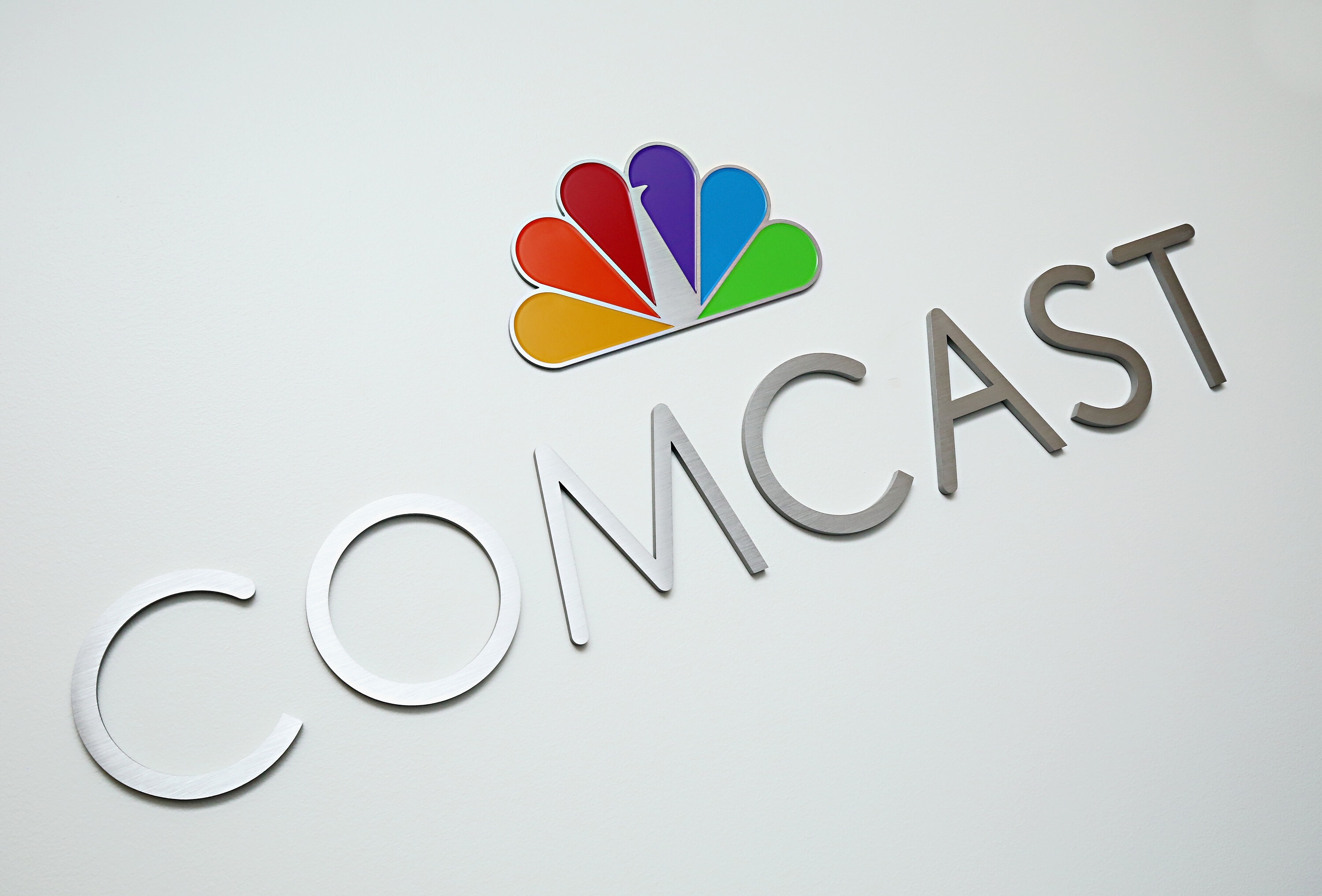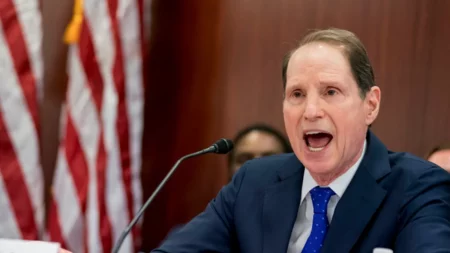FCC chairman Ajit Pai is rushing to to get tomorrow’s vote underway so that net neutrality protections can end, and of course, ISPs are incredibly thrilled about this. Comcast continues to say it it absolutely loves net neutrality and at the same time says that the rules that define net neutrality should be killed as soon as possible.
Today in a published post, Comcast EVP David Cohen yet made another promise. He said that Comcast would not block, throttle, or discriminate against “lawful content.” What Cohen is saying makes sense is true because the company can’t enforce any of those rules due to a separate consent decree it entered when they went ahead with the purchase to buy NBCUniversal. Here’s something to keep in mind: that agreement will be coming to an end next year when it expires.
Comcast has a very contradictory position when it comes to net neutrality. Here’s what the company says:
This is not the end of net neutrality. Despite repeated distortions and biased information, as well as misguided, inaccurate attacks from detractors, our Internet service is not going to change. Comcast customers will continue to enjoy all of the benefits of an open Internet today, tomorrow, and in the future. Period.
For a second, let’s assume that what Comcast saying is what they truly believe and mean down to the core. So why exactly is the company working so hard to get rid of net neutrality protections that are already in place? Shouldn’t the company work hard to keep those protections in place because they support them so much?
Cohen says that the company’s “innovation” path has been stunted due to net neutrality rules. There’s also a scheme where Comcast planned to deliver internet TV that didn’t count against customers’ data caps. This basically meant that internet competitors like Netflix and Hulu would be at a full disadvantage when competing with Comcast’s own services. Comcast argued that it’s managing its services over its own IP network instead of public network. ISPs are working hard so they don’t have to go through being scrutinized for such occurrences.
Comcast has been playing a two-sided game and it’s all part of the overall game. For example, when the company tried to buy Time Warner Cable, it argued that it was doing to promote the competition, but here’s the thing, if Comcast wanted to compete, it would just make the investment and enter Time Warner Cable’s markets instead of trying to buy the company.
It may be possible that Comcast may voluntarily extend net neutrality protections outside of legal mandate. The thing is, it makes no sense to do this by repealing the legally-enforced net neutrality laws that are in place already by the FCC. Comcast continues to play a game where it’s influencing both sides to its own benefit.





